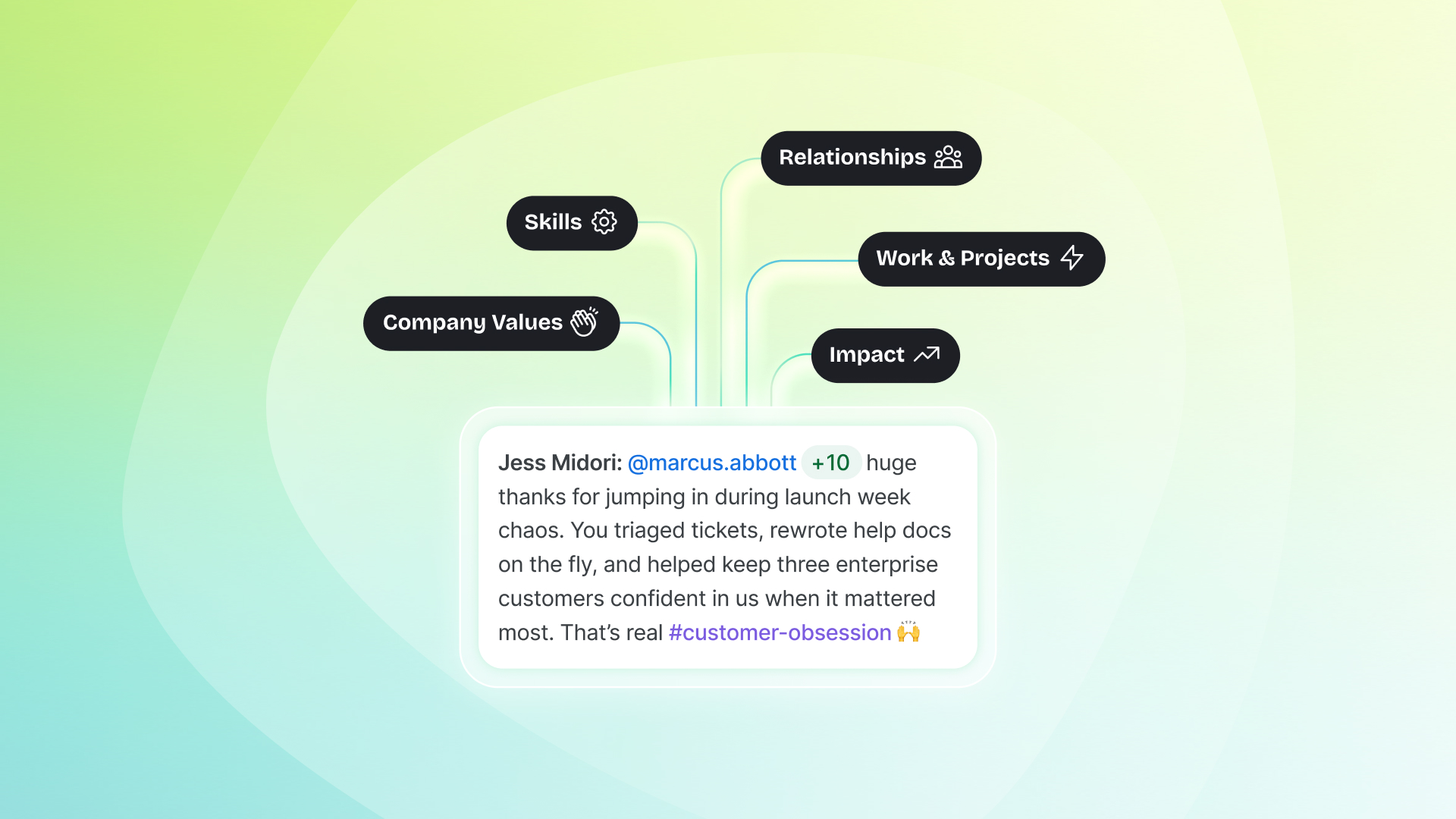Performance Made Possible: How Managers Can Help Their Teams Succeed

Myth: ""If I don’t stay on top of everything, things will fall apart and performance will dip." The old-school mentality says strict oversight and fear will boost output.
Reality: That approach doesn’t work. In 2023, roughly 50% of employees were “quiet quitting (doing the bare minimum). You can’t bludgeon people into excellence. The best companies do the opposite: they empower their people. These organizations are 4.2 times more likely to outperform peers and see approximately 30% higher revenue growth.
So if barking orders and micromanaging aren’t cutting it, then it’s time to do better. It comes down to shifting from "boss" to coach, creating conditions where your team wants to perform their best—not because they fear you, but because they’re motivated.
But let’s be real: none of this works if the manager is underwater. Great coaching isn’t magic—it takes time and the right support. If you're stuck in back-to-back meetings, buried under deliverables, or unclear on goals, how are they supposed to create clarity or coach others?
Managers want to show up for their teams, but they can’t unless the organization shows up for them first. They’re employees, too. Give managers the tools, the time, and the trust to lead well.
And the point is not lowering standards. It’s about raising the bar on how we get there. The highest-performing teams aren’t run on fear. They’re built on clarity, autonomy, and mutual accountability. When employees feel safe, respected, and empowered, they’re more likely to go above and beyond. Why wouldn’t they?
Ditch the dysfunction: what really drives high performance
First, a hard truth: many traditional performance management tactics are downright counterproductive. Yearly “rank-and-yank” evaluations or public shaming of low performers create fear and disengagement, not great results. Instead, modern high-performing teams thrive on:
- Clear goals and expectations. You can’t expect top performance if people are fuzzy on what success looks like. It sounds basic, but many teams lack clarity. Make sure each team member knows their responsibilities and targets. In Gallup’s research, “knowing what’s expected” was a top factor that separated high performers from everyone else. Co-create clear, meaningful goals. It fuels focused effort.
- Continuous feedback, not annual ambushes. The old annual performance review is too little, too late. Don’t make people guess how they’re doing. Give feedback early and often. Even a quick weekly check-in can work wonders. Gallup found managers who have one meaningful conversation a week with each employee achieve far greater clarity and performance on their teams. Make feedback a dialogue, not a dreaded annual monologue. No one should be blindsided in a review.
- Recognition of good work. People repeat behaviors that get rewarded. Celebrating progress and victories reinforces good habits and inspires everyone to strive for more. And it’s not just about feelings—it’s about results. According to Gallup, if the average organization doubled how many employees feel recognized, overall productivity would jump by 9%. In other words, positive reinforcement isn’t fluffy; it’s performance fuel.
- And that effect compounds. Recognition sets a tone for the entire team. It signals what’s valued, what’s noticed, and what will be celebrated again. Done well, it fuels a culture of consistent excellence, not just isolated wins.
- Growth and development opportunities. If you want better performance, invest in your people. Coach them, give stretch assignments, and help them build new skills. They’ll apply those skills on the job. This not only boosts performance now, it also deepens engagement and loyalty (which further boosts performance). Companies that prioritize employee development see stronger performance and even lower attrition. As a manager, one of the best ways to get more from your team is to give them more – more knowledge, more responsibility, more room to grow.
How managers can boost performance
How can you put these principles into practice? Here are some concrete steps to start upping your team’s game:
- Coach in the moment: Give guidance as soon as you’re able. If someone does great work, acknowledge it right away (maybe even in front of the team). If a mistake happens, discuss it while it’s fresh. Consistent, real-time coaching helps employees improve continuously. Be a coach on the sidelines, not a critic in the stands.
- Celebrate wins (and effort): High-performance cultures make a point to celebrate progress, not just end results. If your team hits a milestone or someone goes above and beyond, recognize it. A shout-out in the group chat or a sincere thank-you can go a long way. It’s not about being “nice” — it reinforces the behaviors you want to see again.
- Empower decision-making: Trust your team with autonomy in how they achieve goals. Micromanagement crushes initiative, while trust empowers it. When employees feel true ownership of their work, they put more effort and creativity into it. Your job is to guide and clear obstacles, not to dictate every move.
- Model and demand work-life balance: This one might sound unrelated to performance, but it’s hugely relevant. Exhausted employees don’t produce great work. Encourage reasonable hours and avoid an always-on culture. When crunch times inevitably occur, acknowledge the extra effort and make sure it’s temporary. By respecting your team’s boundaries and well-being, you’ll get higher productivity and loyalty. Sustainable performance beats burnout every time.
The era of the domineering taskmaster boss is over. In its place stands the modern manager-as-coach, who drives performance by inspiring and enabling rather than intimidating.
When managers set clear goals, provide feedback, recognize effort, and develop their people, exceptional performance emerges naturally (high-performing teams have been observed to give about 6 praises for every 1 criticism). This is pure strategy. Growth-driven management delivers harder results than any scare tactic ever could. It builds capability, not just compliance. And that’s what sustains performance long after the deadline has passed.
The bonus? Your team will hit their numbers with enthusiasm and loyalty—not because they have to, but because they want to.







